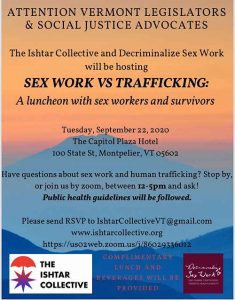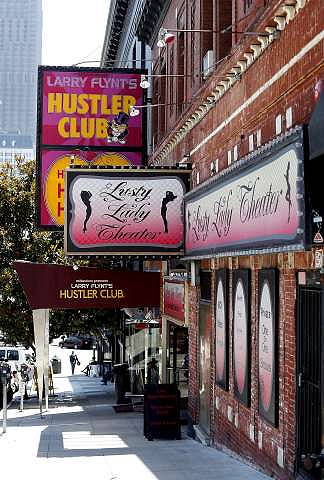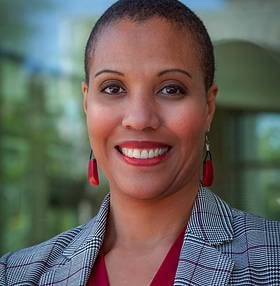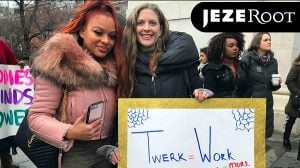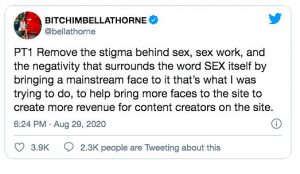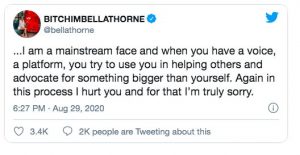October 2, 2020
DSW’s Melissa Broudo received the Lou Sullivan Award from the National Trans Visibility March (NTVM) for her outstanding commitment to defending the rights of transgender and gender nonconforming (TGNC) individuals and communities throughout her legal career. The NTVM Torch Awards is an annual event that “recognizes distinguished achievements and honors individuals whose work has impacted the lives of TGNC communities across the nation.” Those who are recognized have demonstrated excellence in challenging the social structures that disenfranchise TGNC communities, through advocacy, journalism, policy work, education, and public service.
Broudo’s work demonstrates her commitment to human rights, harm reduction, and the empowerment of all, particularly regarding gender equity and diversity. She decided to attend law school with the distinct goal of fighting for the full decriminalization of consensual adult prostitution. Earning her Juris Doctor (JD) from Georgetown University Law School and her Master of Public Health (MPH) from Johns Hopkins University’s Bloomberg School of Public Health, Broudo has dedicated over 20 years to advocating for sex workers and survivors of human trafficking.
As a senior staff attorney at the Sex Workers Project (SWP) at the Urban Justice Center, Broudo won the first-ever vacatur motion for a survivor of human trafficking and provided technical expertise on these critical motions throughout the state and country. She co-founded the Sharmus Outlaw Advocacy and Rights Institute (SOAR) with longtime colleague and friend Crystal DeBoise (now also with DSW). SOAR furthers policy, advocacy, and capacity building efforts that support the rights of sex workers and survivors of human trafficking. Broudo has been a board member of Gays and Lesbians Living In a Transgender Society (G.L.I.T.S.) since the organization’s founding in 2016. Through her work at SOAR, G.L.I.T.S., and other organizations, Broudo has been featured extensively in the media regarding sex work and #MeToo, the NYC Stripper Strike, and the criminalization of sex workers. She is a tireless advocate for policies that further a rights-based approach to the sex industry.
The intersection between sex worker rights and LGBTQ rights, specifically TGNC justice movements, is significant. TGNC individuals, particularly trans women of color, are overwhelmingly profiled as sex workers, suffering the most severe consequences of criminalization and stigma. Whether litigating to vacate the convictions of trafficking victims or speaking about gender diversity and sexual liberation, Broudo never fails to center those who are most impacted. She accepted the award at the virtual ceremony with words of unity and strength for those fighting for justice at this challenging moment.
Broudo was honored alongside other notable leaders such as Alphonso David from the Human Rights Campaign, Aryah Lester from the Transgender Strategy Center, Taylor Chandler from Us Helping Us, JT Perez from Alianza of New Mexico, and so many more.
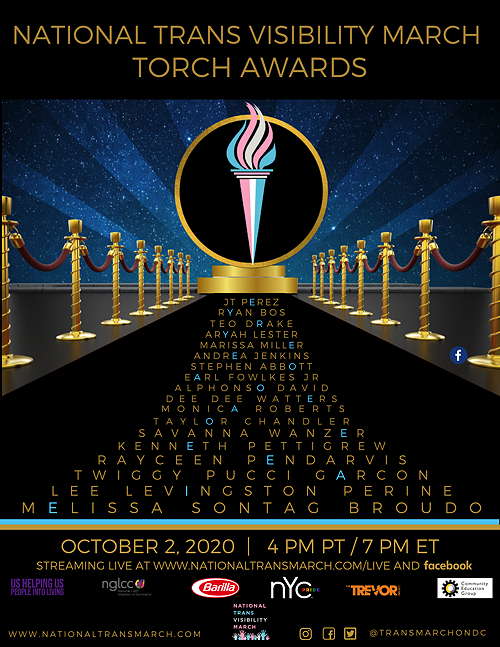
The Torch Awards is an annual event honoring those who have worked to support TGNC communities in the U.S. (Photo: NTVM, 2020)
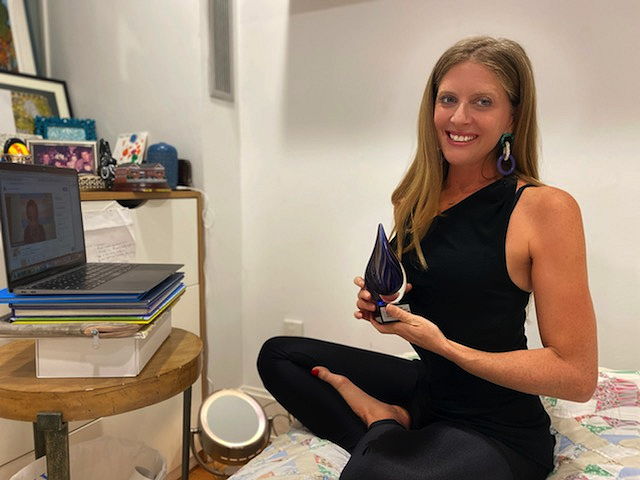
Melissa Broudo delivered her acceptance speech over video during the remote ceremony. (Photo: Courtesy of Melissa Sontag Broudo, 2020)
DSW Newsletter #19 (October 2020)
Hero of the Month: Henri Tolbert of The Ishtar Collective
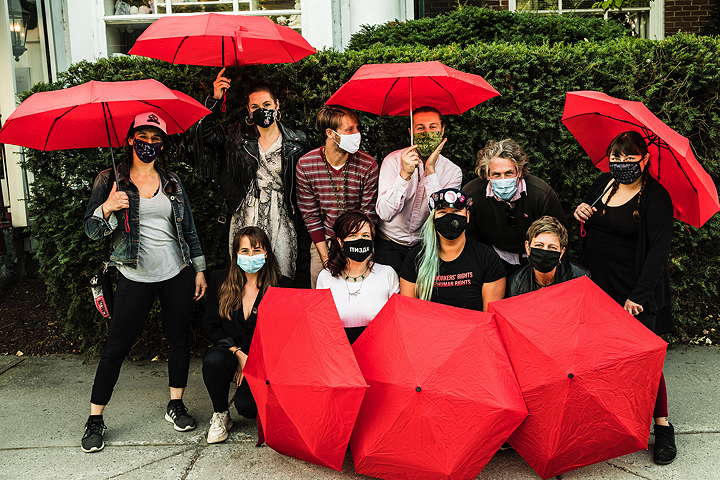
‘The Oldest Profession’ Podcast Returns

DSW Welcomes New Director of Communications

DSW’s Melissa Broudo Honored by National Trans Visibility March

DSW Co-Hosts Anti-Trafficking Event in VT
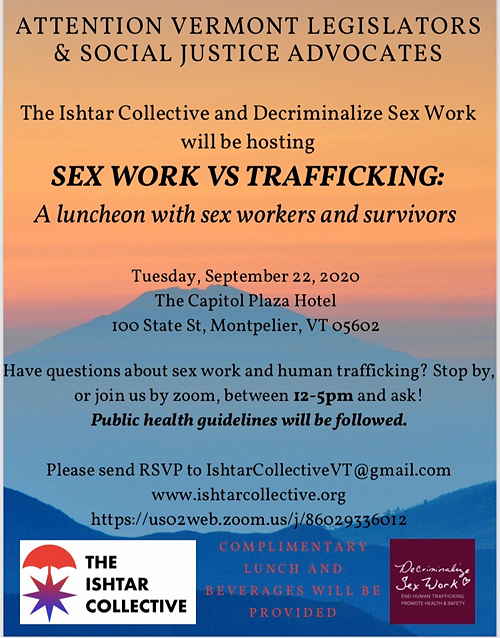
 Hero of the Month: Henri Tolbert...
Hero of the Month: Henri Tolbert...
 ‘The Oldest Profession’ Podcast Returns
‘The Oldest Profession’ Podcast Returns
 DSW Welcomes New Director of Communications
DSW Welcomes New Director of Communications
 DSW’s Melissa Broudo Honored by National...
DSW’s Melissa Broudo Honored by National...
 DSW Co-Hosts Anti-Trafficking Event in VT
DSW Co-Hosts Anti-Trafficking Event in VT

